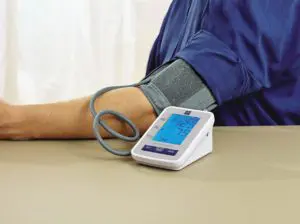 People tend to think that because they have been in bed for a sufficient number of hours that they will get adequate rest and be able to ward off serious health conditions.
People tend to think that because they have been in bed for a sufficient number of hours that they will get adequate rest and be able to ward off serious health conditions.
The optimal hours of sleep is unique for each person, some may only need five and others may need up to nine hours to feel their best. Often times a person with sleep apnea will feel groggy even with eight hours of sleep, and may feel even more tired if they decide to sleep in for a few extra hours on the weekend.
Untreated sleep apnea can put you at risk of a wide range of potential health issues, many of which are life threatening. Due to the nature of this condition, it often goes hand in hand with other serious diseases such as diabetes and heart disease. Advancing age and obesity often increase the occurrence of sleep apnea and related conditions. These potential health risks include:
- Sudden death
- Type 2 diabetes
- Stroke
- Heart attack/heart disease
- Irregular heart beat
- High blood pressure
- Reflux disease
- Obesity
 People with sleep apnea may have trouble thinking and concentrating due to lack of sleep. It can take up to an hour to get into the deepest part of the sleep cycle, and if the cycle is constantly interrupted a person may never get restful sleep. Low quality sleep leads to:
People with sleep apnea may have trouble thinking and concentrating due to lack of sleep. It can take up to an hour to get into the deepest part of the sleep cycle, and if the cycle is constantly interrupted a person may never get restful sleep. Low quality sleep leads to:
- Headaches or migraines
- Dementia
- Inability to concentrate – including daytime drowsiness, falling asleep while working, reading, or driving
- ADHD
- Depression
- Impaired memory
- Motor vehicle and work-related accidents
Getting proper treatment for sleep apnea can restore your quality of sleep, lower your risk of potential health problems, and improve your quality of life.
If you suffer from any of the above conditions and think it may be related to sleep apnea, call our office to make an appointment with one of our sleep apnea specialists.

